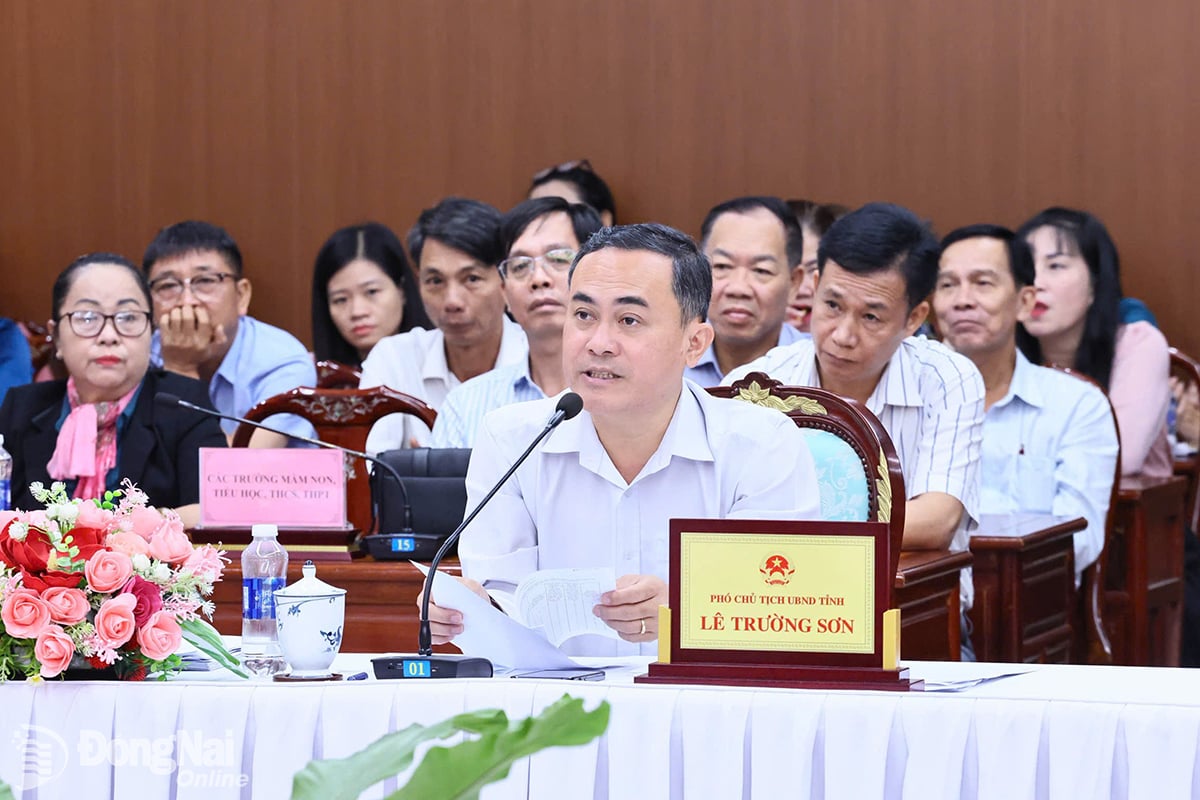 |
| Comrade Le Truong Son, member of the Provincial Party Standing Committee, Vice Chairman of the Provincial People's Committee, discussed with leaders of wards, communes and educational institutions in the province. Photo: Cong Nghia |
Provincial Party Committee member and Director of the Department of Education and Training (DET) Truong Thi Kim Hue said: "In order for the commune-level apparatus to have enough capacity to manage the education sector according to decentralization and delegation of authority, the commune level must proactively arrange staff appropriately, especially those with expertise in education and understanding of the local situation."
Adapting to new tasks
Previously, the task of managing kindergartens, primary schools and secondary schools was directly delegated to the district People's Committee, and at the district level there was a separate department specializing in education management. Since the country implemented the 2-level local government model, the management of the above-mentioned education levels has been delegated to the commune level. The tasks of the previous Department of Education and Training have now been transferred to the Department of Culture and Social Affairs under the commune People's Committee. However, the number of officials assigned to directly manage the education sector at the commune level is currently both small and lacking in expertise.
According to a survey by the Ministry of Education and Training, there are still many communes in the country that do not have enough civil servants in charge of the education sector. The Department of Culture and Society of the People's Committee at the commune level is having to perform many tasks in the fields of education, health , science and technology, labor - war invalids - social affairs, culture, sports, tourism, etc. but is only assigned about 10 civil servants per commune. Estimates from the survey by the Ministry of Education and Training show that currently, the number of civil servants in charge of education at the commune level is only at an average of 1.04 civil servants/commune.
Not only is there a lack of staff in charge of the education sector, but the commune level is also lacking in staff knowledgeable in this field. Currently, many communes and wards have staff in charge of education but do not have expertise and experience in this field. These shortcomings create many difficulties and pressures for those assigned to the task, while the quality and effectiveness of management for the locality are also not high.
Dr. VU MINH DUC, Director of the Department of Teachers and Educational Managers under the Ministry of Education and Training:
Good education managers must have good capacity.
Managing the education sector under the 2-level local government model with many tasks decentralized and delegated to the commune level is a great pressure. A good education manager must have good capacity, professional knowledge and management experience. These are issues that need to be raised in order to have a roadmap for training, fostering and standardizing the qualifications of commune-level officials in charge of this field.
For example, in Trang Dai ward, there are schools with a large number of students, but the ward People's Committee does not have any staff who have worked in the education sector. Or in some other communes and wards, education management staff are arranged, but they do not have expertise, so they are confused about everything. Even the education management staff of the commune and ward People's Committee have to ask the principals and vice principals of schools in the area to "hold their hands and show them how to do things".
frequent.
Vice Chairwoman of Tam Hiep Ward People's Committee Luu Thi Hang, who previously worked as Deputy Head of the Department of Education and Training of Bien Hoa City for many years, shared: "Education and training is one of the very large areas in the commune-level government, even considered the largest area among the areas under the commune-level Department of Culture and Society. Therefore, if there is a lack of staff with knowledge of the education sector, it will be very difficult for the leaders of the Ward People's Committee to solve the problems arising in education and training in the area."
A civil servant who used to work at the Department of Education and Training, now transferred to work at the commune and assigned to be in charge of the education sector, shared: “Previously, I worked at the Department of Education and Training at the district level, but was mainly in charge of preschool education. Now I am assigned to work at the commune as an education civil servant and have to manage and advise on 3 levels of preschool, primary and secondary education, so I am quite confused. For example, advising on the reappointment of principals, vice principals, or recruiting teachers is very difficult for me. Although I have worked at the Department of Education and Training for many years, I have never been assigned this task.”
Need to standardize commune-level officials in the education sector
According to the leaders of the Department of Education and Training, since the official implementation of the 2-level local government model, there is no longer a district-level government, which means there is no longer a Department of Education and Training, the management of education at the local level has entered a new phase. This is the time of stronger decentralization and delegation of power to the commune level, including the education sector. The tasks previously performed by the Department of Education and Training, instead of being handed over to the Department of Education and Training, have been transferred to the commune level.
The Department of Education and Training has soon recognized the difficulties and pressures of the commune level when taking over the education sector, so it has provided regular support and promptly resolved difficulties and problems for localities. Specifically, immediately after implementing the 2-level Local Government model, the Department invited officials in charge of the cultural and social fields of the communes, including officials in charge of the education sector, to the Department to carry out many specific tasks. The Department has also organized many training conferences for commune-level officials on local education management, thereby helping localities gradually operate education in an orderly manner.
Faced with the difficulties and confusion of communes in managing the education sector, recently, comrade Le Truong Son, member of the Provincial Party Standing Committee, Vice Chairman of the Provincial People's Committee, directly worked with key officials of 95 wards and communes in the province. Many difficulties of many localities have been oriented to be resolved, including the need to strengthen the leadership and direction of local Party committees and authorities in the field of education and training. The province also focuses on ensuring the staffing of civil servants for educational institutions at the commune level, reviewing the planning of the school network, and soon agreeing on a plan to recruit teachers for public educational institutions under the management of the commune level, then promulgating it for localities to implement.
The support of the Department of Education and Training for communes and wards is necessary to ensure stable operation of educational institutions in the initial stage. However, in order for localities to be more proactive in their decentralized educational tasks, in the long term, there must be standardization and improvement of the initiative of the educational management staff at the commune level. There must be criteria when arranging civil servants for educational management positions at the commune level; at the same time, there must be policies to encourage cadres and civil servants to proactively study and improve their management level in the field of education, thereby better performing their tasks.
The principal of a secondary school in Tran Bien ward with many years of experience said that currently each commune and ward has 5-10 schools, even more than 20 schools including kindergartens, primary schools and secondary schools. Therefore, the commune level can mobilize key staff and core teachers from schools in the area to support the Department of Culture and Social Affairs in advising the local Party Committee and government on educational development orientation. It is even possible to increase the number of civil servants who are principals and vice principals with knowledge of educational management to send to the commune level to take charge of this field.
Justice
Source: https://baodongnai.com.vn/xa-hoi/202511/nang-cao-nang-luc-cho-can-bo-quan-ly-giao-duc-cap-xa-0222b8f/








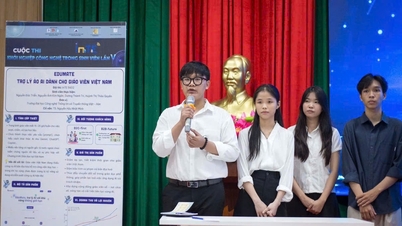








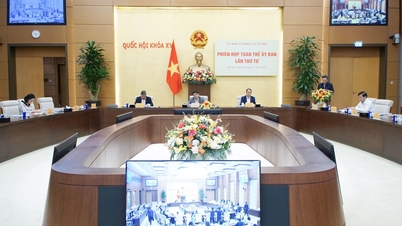





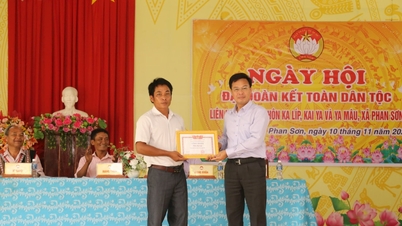

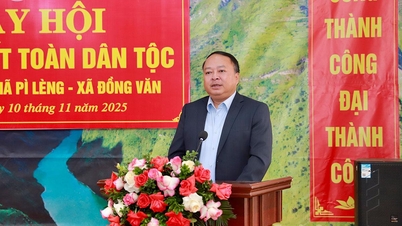

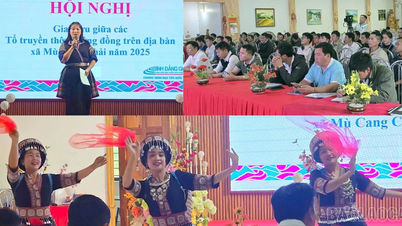

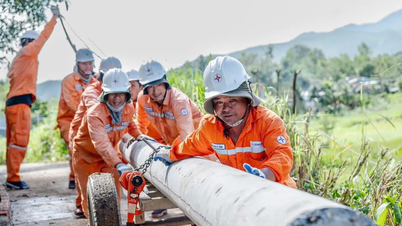




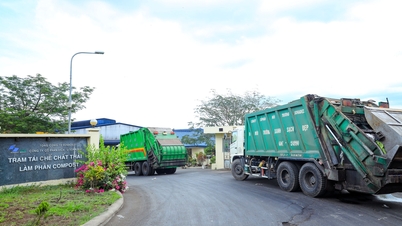
















































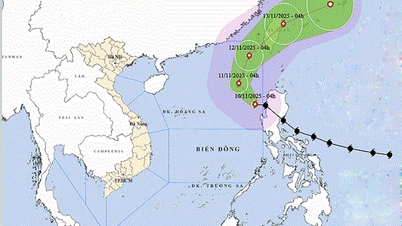




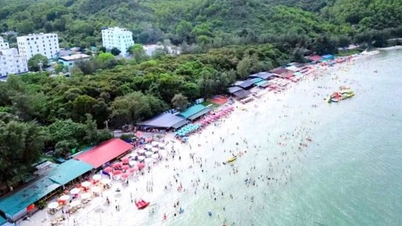

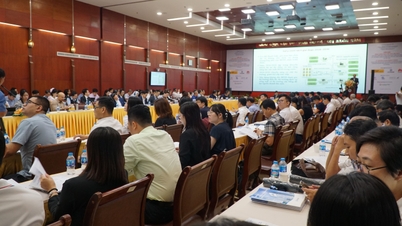






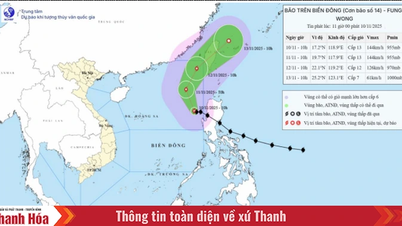




![Dong Nai OCOP transition: [Article 3] Linking tourism with OCOP product consumption](https://vphoto.vietnam.vn/thumb/402x226/vietnam/resource/IMAGE/2025/11/10/1762739199309_1324-2740-7_n-162543_981.jpeg)












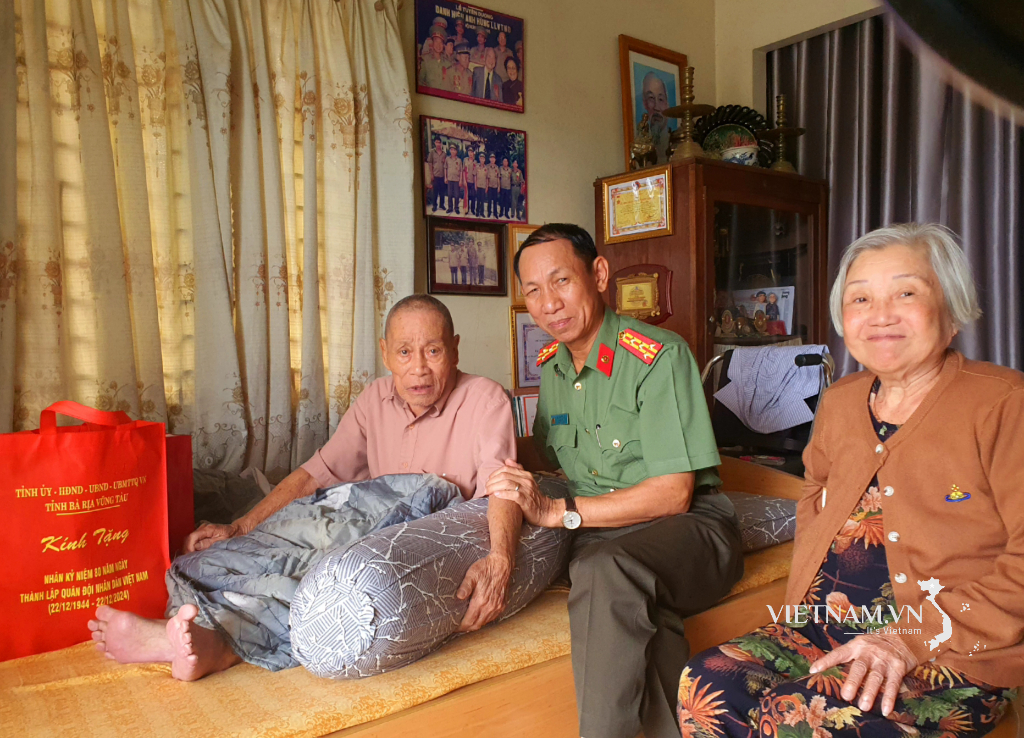
Comment (0)